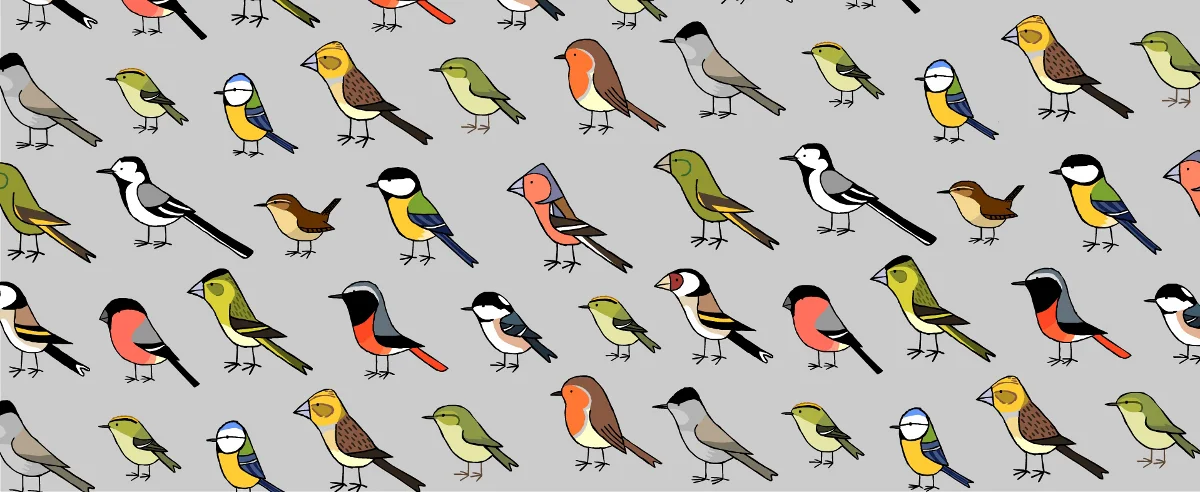This week’s blog addresses a few of the questions we get on a daily basis this time of year. Without a doubt the number one question asked is “where are the hummingbirds”, or “is there something wrong with the hummingbirds this year”? The answers are the hummingbirds are here, and no there is nothing wrong. As far as we are concerned this is business as usual when it comes to the timing of hummingbird activity. Rate of feeding activity can vary year to year based on factors like excess rain, or drought. In past years, during very dry weather, we would see hummingbirds visit feeders earlier and more often for lack of natural nectar producing choices. This year there has been ample rainfall producing plenty of natural nectar opportunities. And of course hummers consume insects for the protein in their diet. There’s never a lack of insects in TN summers.
Widespread, powerful spring storms, such as the straight line winds we experienced about 2 months ago, could possibly have destroyed many hummingbirds’ nests in progress causing them to start from the beginning. And we know from experience hummingbirds are typically not extremely interested in our nectar feeders until nesting is concluded. So these two factors could cause a delay in hummingbirds looking to take advantage of feeders in areas hit hard by spring storms.
But mostly the reason hummingbirds are not seen in early summer as much as they are in the latter half of July, August, and September, is because they are here to nest and sugar water is just not critical to their normal daily lives. Any day now, though, as nesting concludes, hummers will begin to look to feeders with more interest. This is when 1 or 2 broods of babies will have left the nest, parenting responsibilities of the adult females is done, and the process of fattening up for a couple of months to prepare for migration back to Central and South America begins.
Other voiced concerns in regard to hummingbird feeders include the presence of Downy woodpeckers and House finches, two species of birds that often take advantage of the sweet water in hummingbird feeders, but not to worry, they will not deter a hummingbird. Feisty and aggressive hummingbirds are not concerned with either of these birds and will harass them until they leave, or move over.
Bees and wasps on the other hand can be a problem, particularly Yellow jackets. Hummers are no match for a feeder covered with this aggressive bee. Strategies to reduce the impact of bees on hummingbird feeders include:
Take the feeder down for a few days, or move the feeder to a different location. Hummingbirds seem to be better at discovering the new location easier than bees.
It is believed bees and wasps are most attracted to the color yellow. Since many hummingbird feeders have yellow plastic "flowers" or other parts, try removing such parts or painting them red - once bees learn where food is, they fly back to the hive to report their findings, so avoiding their attention works best.
It may also help to rub a little vegetable oil or a clove of garlic around the feeding ports.
The Aspects brand Hummzinger, or the Bird’s Choice Hummerfest are the best feeders of choice to deter bees. It’s “dish” design never allows the nectar to touch the feeding ports like bottle type feeders. Hummingbirds can easily reach the bottom of these feeders with their long tongues.
Aspects Hummzinger High View available in 8, 12, 16 ounces.
Birds Choice Hummerfest available in 8 and 12 ounces.
Make no mistake, though, the hummingbird activity at feeders is very close to being very busy. If you have been disappointed in the response to your feeders thus far and given up now is the time to make some new nectar, clean up the feeder, and get it back out. If the sugar solution in your feeder turns cloudy, it's spoiled and needs to be replaced. This can happen in as little as two days in the kind of heat we are experiencing this week.
And a reminder that the proper solution is 1 part sugar to 4 parts water. Do not add color or honey which can be harmful.
Have a nice weekend and we’ll see you soon.

